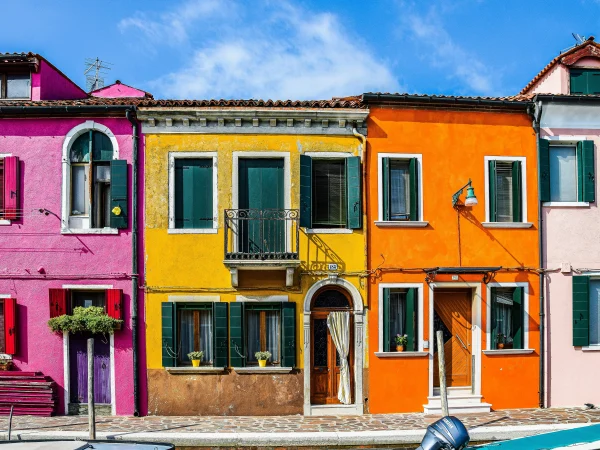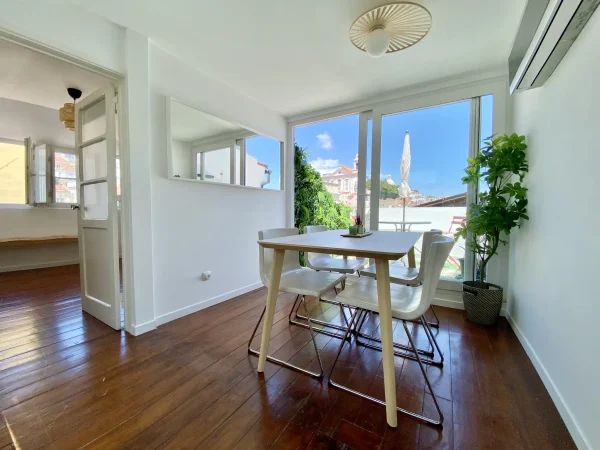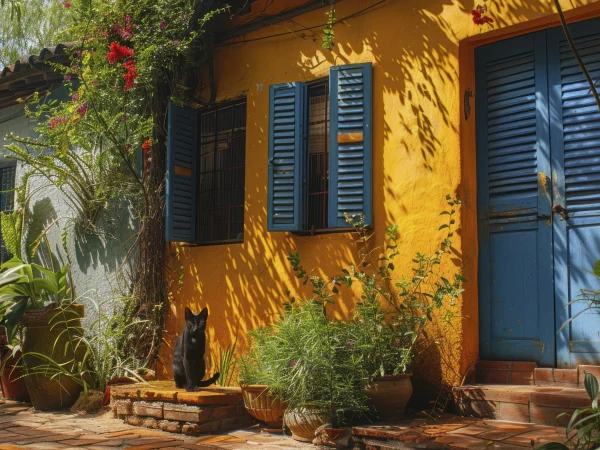Japan continues to attract a growing number of expats and long-term travelers looking to settle in a country that blends futuristic cities with centuries-old traditions. Whether it’s the quality of life, reliable infrastructure, or the calm precision of daily living, the archipelago offers a compelling case for homeownership.
Buying a house in Japan is not just about finding a place to live — it’s about securing your base in one of the most culturally rich and economically stable countries in the world. But how does the process work for non-Japanese citizens? What are the legal conditions, price ranges, and steps to follow?
In this article, we break down the real estate landscape across Japan in 2025, guiding you through legalities, market insights, costs, and practical advice for making a well-informed investment.
1. Can Foreigners Buy Property in Japan?
Yes, foreigners can legally buy property in Japan with no restrictions on residency, nationality, or property type. You don’t need a visa or permit to own land or buildings, and ownership rights are equal to those of Japanese citizens. There are also no limits on the number or size of properties a foreigner can purchase. Only rare cases near military bases or critical infrastructure face restrictions.
Japan’s land registry system is transparent and legally secure, though the process may require help from a real estate agent or judicial scrivener (shihō shoshi) due to language and paperwork.
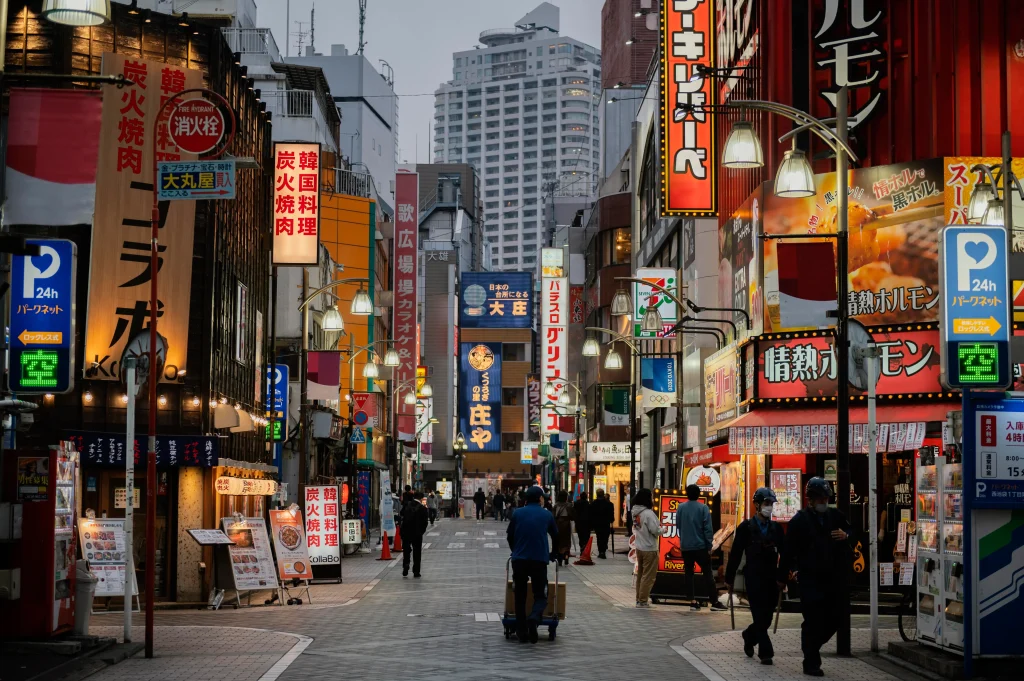
It’s also important for expats to know that land and buildings are treated as separate legal entities in Japan. Most purchases include both, but in some cases—especially older homes or apartments—the land may be leasehold rather than freehold. This affects long-term value and resale potential, so always verify land status before buying.
Leasehold properties, common in Tokyo and Osaka, are often cheaper but come with 30–50 year terms, annual ground rent, and reversion to the landowner if not renewed. Leaseholds can still suit short- or mid-term buyers prioritizing location.
If you’re planning to visit Japan before buying property, Skyscanner is a great tool to compare flights and find the best deals. You can quickly explore travel dates, airlines, and prices all in one place.
2. Japanese Real Estate Market in 2025
A Market on the Rise
Japan’s real estate market remains strong in 2025. After steady recovery, the national average land price rose by 2.7% in 2024 — the fastest growth since 1991. Urban centers like Tokyo, Osaka, and Fukuoka lead this trend, boosted by post-COVID tourism, a weaker yen, and stable economic conditions.
In the Tokyo Metropolitan Area, residential prices jumped by 8.14% year-over-year in early 2025 (3.95% adjusted for inflation), with Tokyo Prefecture alone seeing a 10.7% surge.
Regional Variations and Housing Diversity
While Tokyo is the most expensive and competitive, the housing landscape across Japan is diverse. Cities like Osaka and Nagoya offer growing but more affordable alternatives. In contrast, regions like Kyushu and Tohoku present lower-cost options, appealing to families and remote workers.
Buyers can choose from a wide range of properties — from sleek city apartments to traditional wooden homes in the countryside — matching various lifestyles and budgets.
What’s Driving the Market?
Key forces behind Japan’s real estate momentum include:
- High Demand, Low Supply: Housing starts fell by 4.6% in January 2025, pushing prices up, especially in big cities.
- Aging Population: Smaller, accessible homes near urban services are increasingly sought after.
- Urban Development: Infrastructure and redevelopment projects, notably in Greater Tokyo, are enhancing long-term property value.
- Foreign Buyers: Japan’s favorable exchange rate and secure legal environment continue to attract overseas interest, despite no residency benefits tied to ownership.
The result is a market that’s dynamic yet structured, with clear growth in urban zones and niche opportunities in regional areas.

3. Property Prices in Japan: What to Expect in 2025
Before buying a house in Japan, it’s important to understand the current real estate landscape. Property prices vary widely between regions, with Tokyo remaining the most expensive, while cities like Fukuoka or Sendai offer more budget-friendly options. For expats, considering cities with international amenities, good infrastructure, and active job markets can make a major difference.
The table below presents updated average costs for one-bedroom apartments and detached houses in key Japanese cities. USD equivalents are calculated using an exchange rate of 1 USD = 145.5 JPY.
| Location | 1-Bedroom Apartment (avg.) | Detached House (avg.) |
|---|---|---|
| Tokyo | ¥50M (≈ $343,000) | ¥95M (≈ $653,000) |
| Yokohama | ¥38M (≈ $261,000) | ¥80M (≈ $550,000) |
| Osaka | ¥35M (≈ $241,000) | ¥75M (≈ $516,000) |
| Kyoto | ¥40M (≈ $275,000) | ¥85M (≈ $584,000) |
| Fukuoka | ¥30M (≈ $206,000) | ¥70M (≈ $481,000) |
| Sapporo | ¥28M (≈ $192,000) | ¥65M (≈ $447,000) |
| Sendai | ¥25M (≈ $172,000) | ¥60M (≈ $412,000) |
Note: These prices reflect average costs for standard housing units in urban zones. Factors like property age, proximity to train lines, and renovation status can significantly influence actual market prices.
4. Step-by-Step Process for Buying a House in Japan
Buying a house in Japan follows a clear process. Here are the 5 main steps you’ll go through:
- 1. Property Search
Use trusted platforms like Suumo, Homes.co.jp, or RealEstate.co.jp to explore listings. For non-Japanese speakers, hiring an English-speaking agent is highly recommended. Agents help filter properties, explain zoning laws, and guide you through the local market. - 2. Due Diligence & Documentation
Once you find a house, verify legal ownership, land boundaries, and building condition. You’ll also need to prepare documents like ID, proof of income, residence status, and banking details—especially if applying for a mortgage. - 3. Letter of Intent (LOI)
Submit a non-binding LOI to show serious interest. It outlines key terms: proposed price, payment schedule, and special conditions. This reserves the property while financing or checks are finalized. - 4. Contract of Sale (Keiyaku-sho)
Once terms are agreed, both parties sign a binding sales contract. You’ll typically pay a 10% deposit. The contract includes full property details, cancellation clauses, and your obligations as a buyer. - 5. Payment & Legal Registration
On closing day, pay the remaining balance and complete ownership transfer through a legal scrivener (shihō shoshi). The transaction is registered with the Legal Affairs Bureau. You’ll receive official property documents and pay associated taxes (e.g. registration tax, stamp duty).

5. Financing and Mortgages for Foreigners
Buying a house in Japan as a foreigner is entirely possible, and so is getting a mortgage—but with a few conditions. While the country has no legal restrictions on property ownership for foreigners, mortgage accessibility depends on your residency status and financial profile.
Can Non-Residents Get Loans?
Japanese banks are cautious lenders. Non-residents rarely qualify unless they have strong financial ties to Japan. Most banks require you to hold a permanent residence visa or a long-term working visa. Some exceptions exist for high-income earners or dual nationals.
Not sure which visa qualifies? Learn more about Japan’s visa types and which one fits your situation best here.
Japanese Banks vs International Financing
Major banks like MUFG, SMBC, and Shinsei Bank do offer mortgages to foreigners, especially if you have a stable job in the country. However, they generally require a Japanese guarantor, local income, and credit history.
Alternatively, some international banks and mortgage brokers outside Japan may offer financing for overseas property purchases, though rates tend to be higher and conditions stricter.
For transferring large sums internationally, services like Wise can be a cost-effective and transparent alternative to traditional bank transfers, offering real-time exchange rates and lower fees.
Required Documents and Approval Conditions
To apply for a mortgage, prepare the following:
- Residence card or valid visa
- Proof of income (typically 2–3 years of tax returns or salary slips)
- Bank statements
- Certificate of employment
- Details of the property you intend to purchase
Approval is based on debt-to-income ratio, employment stability, and visa duration. Self-employed applicants may face more scrutiny.
Down Payments and Interest Rates
Down payments typically range from 10% to 30%. Foreigners often need to put down at least 20% to secure favorable terms.
Interest rates in Japan remain among the world’s lowest—often between 0.5% and 1.5% for fixed-rates.
6. Taxes and Additional Costs to Consider
| Cost Category | Description | Estimated Cost (USD) |
|---|---|---|
| Real Estate Acquisition Tax | One-time tax based on assessed property value | 3% – 4% of assessed value |
| Registration & Licensing Fees | Fees for title transfer and mortgage registration, handled by a judicial scrivener | $500 – $1,500 plus 0.15% – 2% of value |
| Stamp Duty | Government tax applied to the purchase contract | $75 – $600 |
| Annual Property Taxes | Includes Fixed Asset Tax and City Planning Tax | 1.4% – 2.1% of assessed value/year |
| Renovation & Maintenance | Typical upgrades needed for older or second-hand properties | $100 – $300 per sq. ft. |
| Insurance (incl. earthquake) | Annual property and optional earthquake insurance | $200 – $1,000 per year |
7. Best Cities to Buy Property in Japan
Buying a house in Japan is all about location. Each city offers unique advantages for lifestyle, investment, or affordability:

Tokyo is ideal for those seeking convenience, stability, and high resale value. While central districts like Shibuya are pricey, suburban areas such as Nerima or Kunitachi offer better deals.
Kyoto appeals to buyers drawn to tradition and tourism. While some regulations are strict, long-term value is solid, especially for renovated townhouses.
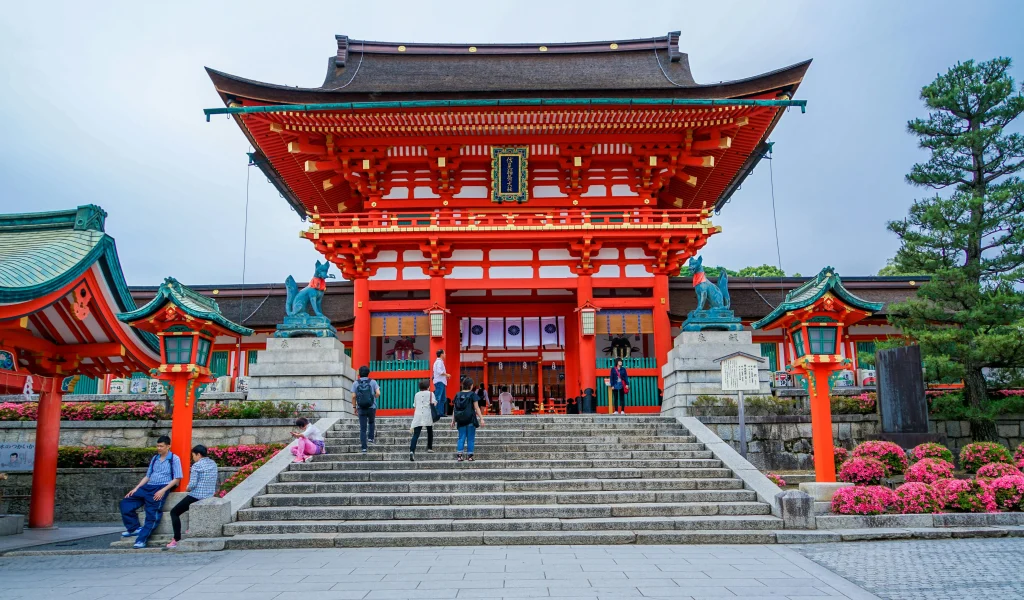
Before committing to a property, it can be helpful to stay in the area and get a real feel for the neighborhood. Platforms like Expedia offer flexible hotel options in every major Japanese city, helping you explore housing locations with comfort and convenience.
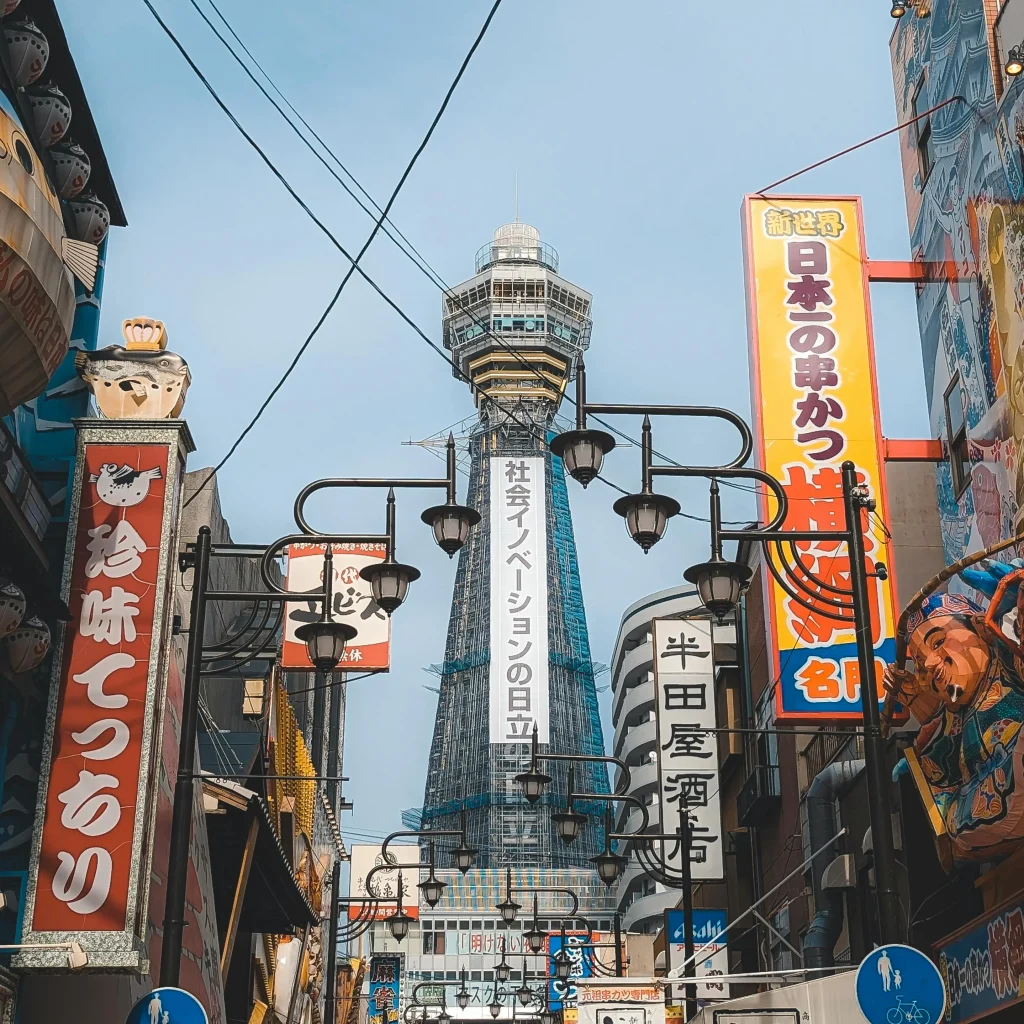
Osaka strikes a balance between cost and demand. Property prices are lower than Tokyo, and areas like Namba or Umeda attract strong rental interest.
Fukuoka is gaining attention for its livability, startup scene, and moderate prices. Popular among younger expats and entrepreneurs.
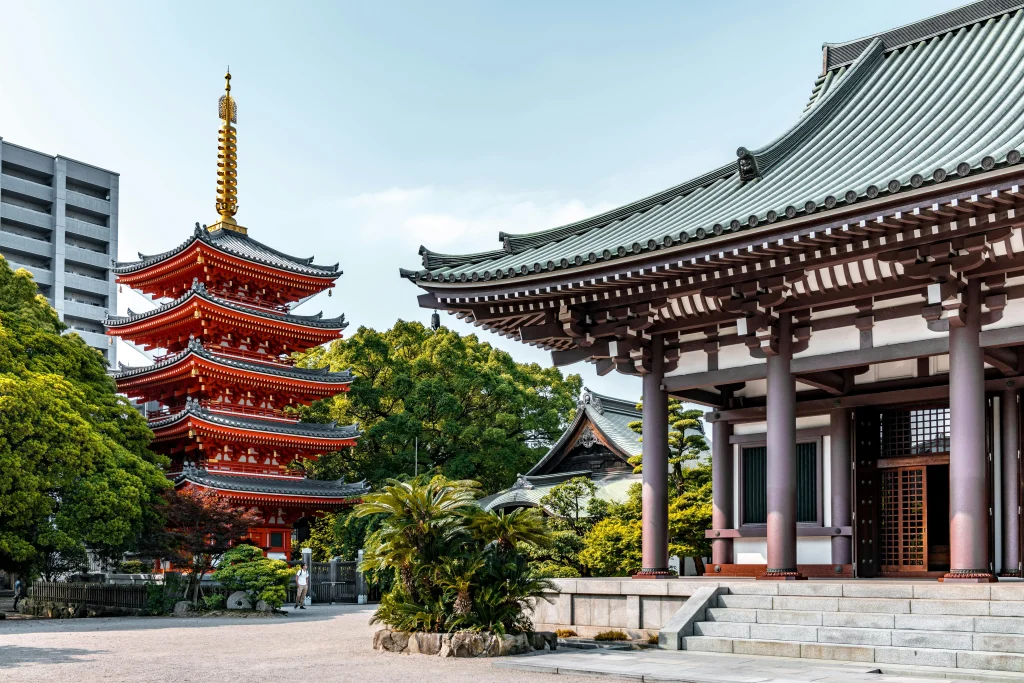
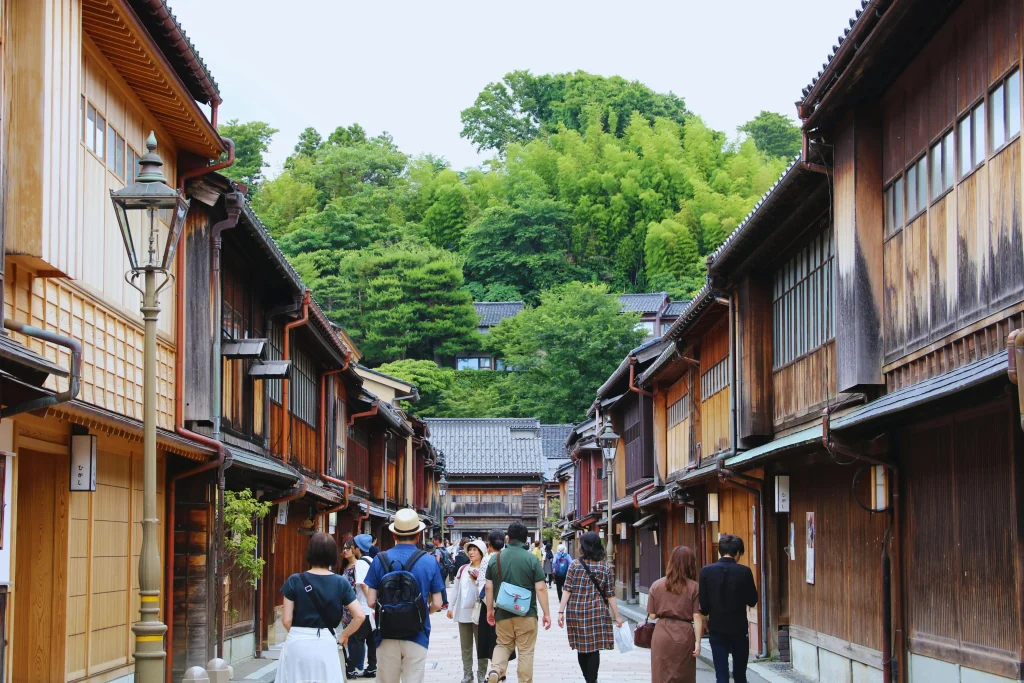
Countryside towns and smaller cities like Kanazawa or Matsumoto offer low-cost homes and local incentive programs. These options suit buyers looking for long-term peace or renovation projects.
8. Common Challenges and How to Avoid Them
Buying a house in Japan can be rewarding, but it’s not without hurdles. Here are the key issues foreign buyers face—and how to manage them:
1. Language Barriers
Most real estate transactions are conducted in Japanese. Misunderstandings can arise if your agent lacks English fluency. To avoid confusion, work with bilingual agents or hire a certified translator during key stages.
2. Legal and Ownership Confusion
Terms like leasehold, freehold, or co-ownership are not always clearly explained. Always verify whether you’re purchasing full ownership or limited rights. Using a legal advisor familiar with the Japanese property market is strongly advised.
3. Maintenance Fees and Property Age
In older apartments (manshons), monthly maintenance and repair reserve fees can be unexpectedly high. Ask for a building’s long-term repair plan before purchasing, especially for properties over 20 years old.
4. Scams and Inaccurate Listings
Some online listings are outdated or intentionally misleading. Avoid sites without reputation or contact transparency. Stick to major platforms and verify property details in person or through a trusted agent.
Final Thoughts on Buying a House in Japan
Buying a house in Japan is a serious but accessible step for expats looking to build a long-term base in one of the most stable and fascinating countries in the world. Whether you’re drawn to the buzz of Tokyo, the lifestyle of Fukuoka, or the charm of Kyoto, the Land of the Rising Sun offers property options for many goals and budgets.
While the process can be complex—especially with language and legal differences—a successful purchase is entirely possible with the right preparation. From understanding taxes and costs to choosing between a modern apartment or a countryside home that needs renovation, the key lies in doing your homework, budgeting realistically, and surrounding yourself with trusted professionals.
With careful planning, your home in Japan can be more than just an address—it can be your anchor to a vibrant, well-connected, and enriching life in Asia’s safest housing market.
FAQs
Can foreigners buy a house in Japan?
Yes, foreigners can legally buy property in Japan without restrictions on nationality or residency. You don’t need a visa or permit to purchase land or a house.
What is the process of buying a house in Japan?
You’ll start with property search, submit a Letter of Intent (LOI), sign a sales agreement, pay a deposit, and finalize the contract with a notary. Registration is done via the Legal Affairs Bureau.
Can I rent before buying a house in Japan?
Absolutely. Many expats rent via platforms like Expedia to explore neighborhoods before committing to buy. It’s a practical way to adjust and refine your priorities.



